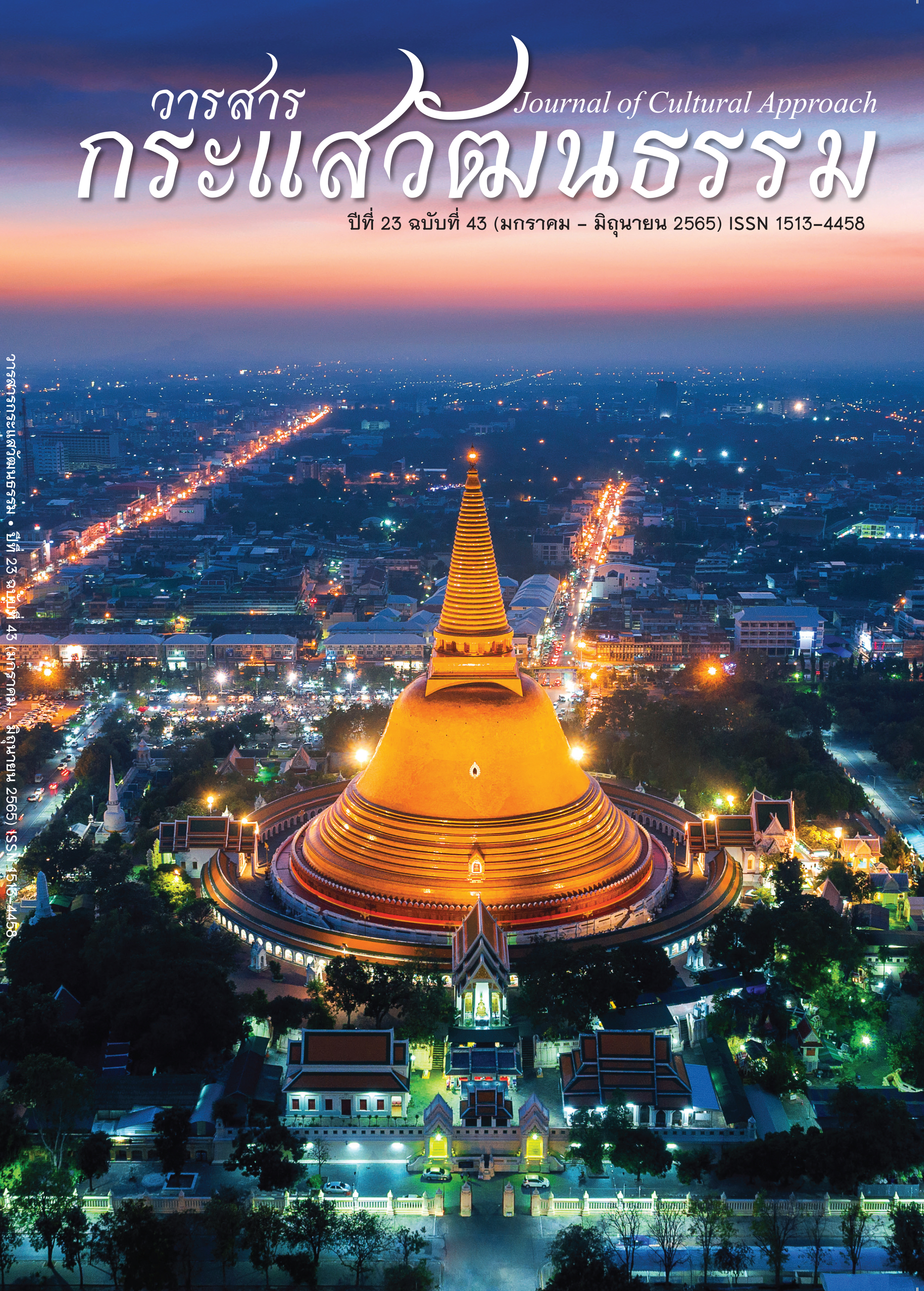Perception of Workplaces towards the Quality of Cooperative Projects in the Tourism and Hospitality Industry
Main Article Content
Abstract
This research explores cooperative education students’ perceptions of their workplaces in tourism and hospitality industries. Questionnaires were used as the data collection tool.
The study revealed that workplaces are positively perceived by cooperative education students. However, it also found that workplaces in the hospitality industry are better perceived than those in the tourism industry, especially concerning cost reduction in the workplace. The findings indicated that workplaces received more benefits from the cooperative education projects for private university students than those from public and Rajabhat universities in developing new products. The research also shows that job supervisors, members of the staff and managers, perceive the quality of cooperative education projects differently based on their position in the workplace.
Article Details

This work is licensed under a Creative Commons Attribution-NonCommercial-NoDerivatives 4.0 International License.
Proposed Creative Commons Copyright Notices
1. Proposed Policy for Journals That Offer Open Access
Authors who publish with this journal agree to the following terms:
- Authors retain copyright and grant the journal right of first publication with the work simultaneously licensed under a Creative Commons Attribution License that allows others to share the work with an acknowledgement of the work's authorship and initial publication in this journal.
- Authors are able to enter into separate, additional contractual arrangements for the non-exclusive distribution of the journal's published version of the work (e.g., post it to an institutional repository or publish it in a book), with an acknowledgement of its initial publication in this journal.
- Authors are permitted and encouraged to post their work online (e.g., in institutional repositories or on their website) prior to and during the submission process, as it can lead to productive exchanges, as well as earlier and greater citation of published work (See The Effect of Open Access).
Proposed Policy for Journals That Offer Delayed Open Access
Authors who publish with this journal agree to the following terms:
- Authors retain copyright and grant the journal right of first publication, with the work [SPECIFY PERIOD OF TIME] after publication simultaneously licensed under a Creative Commons Attribution License that allows others to share the work with an acknowledgement of the work's authorship and initial publication in this journal.
- Authors are able to enter into separate, additional contractual arrangements for the non-exclusive distribution of the journal's published version of the work (e.g., post it to an institutional repository or publish it in a book), with an acknowledgement of its initial publication in this journal.
- Authors are permitted and encouraged to post their work online (e.g., in institutional repositories or on their website) prior to and during the submission process, as it can lead to productive exchanges, as well as earlier and greater citation of published work (See The Effect of Open Access).
References
Cooperative and Work Integrated Education. (2010). Cooperative Education Handbook Siam University. Retrieved from https://bit.ly/3zvpHOE
Cooperative Education and Career Development Center. (2018). Co-operative Education Handbook Sripatum University. Retrieved from https://www.spu.ac.th/uploads/contents/2018042583522.pdf
Economics Tourism and Sports Division. (2020). Tourism Situation in December 2019. Retrieved from https://www.isranews.org/isranews-short-news/84811-tourism.html
Lapi-e, A. (2017). Problems and Guideline to Development on Co-operative Education in Public Administration Program, Faculty of Humanities and Social Science, Thaksin University. Thaksin University Library Journal, 6, 217-247.
Luekitinan, W. & Nontasak, P. & Saosaweang, P. (2015). The Impact of Cooperative Education on period to get Job and Started Income of New Graduates, Burapha University. Suranaree Journal Social Science, 9(2), 105-121.
Mongkhonvanit, C. (2008). Employer Satisfactions towards the Co-operative Education Student Attributes of Thai Higher Education Institutions. Journal of Cultural Approach, 9(16), 69-82.
Office of the Permanent Secretary for Higher Education, Science, Research and Innovation. (2019). A Decade of Thai Cooperative Education Day toward a Sustainable Future. Retrieved from https://www.mhesi.go.th/index.php/news-and-announce-all/news-all/151-2019-05-27-08-15-49.html
Pansuvannajit, S. & Pansuvannajit, C. (2011). The Study and Solution Girds Line of Cooperative Education Project Administration Division, Faculty of Business Administration and Liberal Arts, Rajamangala University of Technology Lanna Chiangmai North. Faculty of Business Administration and Liberal Arts, Rajamangala University.
Thai Association for Cooperative Education. (2009). Standards and Quality Assurance for Cooperative Education Operations. Retrieved from http://www.mua.go.th/users/bphe/cooperative/data/kumu_coop54.pdf
Tiamtiporn, K. (2016). PBL : Project Base Learning. Retrieved from https://bit.ly/3BpQDj7


